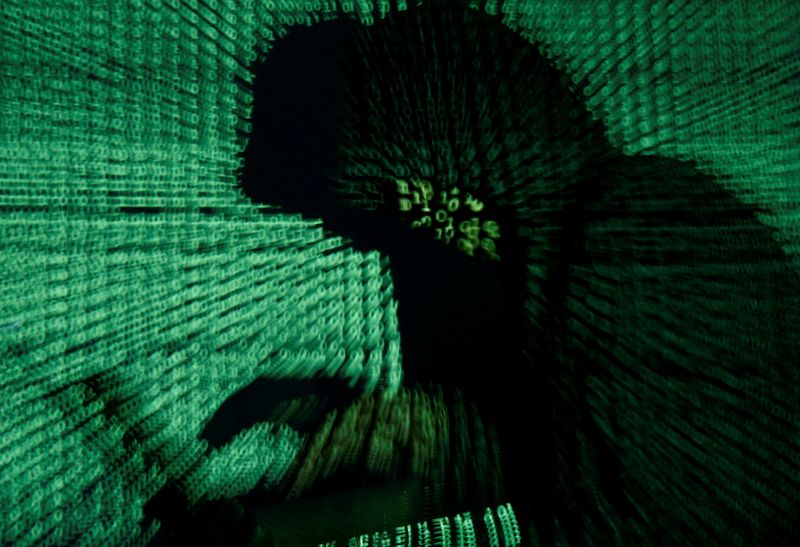Tensions between the world’s two biggest powers have taken a digital turn. In a significant escalation, China has publicly accused the United States of carrying out advanced cyberattacks, directly naming individuals it claims are tied to the US National Security Agency (NSA).
The allegations, revealed through China’s state-affiliated cybersecurity institutions, add fuel to the already simmering geopolitical rivalry between the two nations — this time, in cyberspace.
Accusations Against the NSA
According to a recent report by China’s National Computer Virus Emergency Response Center (CVERC) and cybersecurity firm Qihoo 360, the US has been allegedly conducting coordinated, high-level cyber espionage operations targeting Chinese institutions for years.
The report claims that the NSA’s elite cyber unit, Office of Tailored Access Operations (TAO), was behind a series of hacking incidents, including the breach of key Chinese infrastructure, universities, and government agencies.
A Rare Move: Naming Names
Publicly naming individual intelligence agents is highly unusual and marks a dramatic shift in how countries handle cyber conflict. Typically, such matters remain shrouded in diplomatic language or behind closed doors. China’s move to go public — and personal — could be seen as both a warning and a strategic message.
Analysts suggest it might be a form of “cyber deterrence”, signaling to Washington that Beijing has the capacity to attribute and retaliate in the digital arena.
US Response
As of now, there has been no official response from the US government, but historically, the NSA does not confirm or deny operational details. However, the US has frequently accused China of similar cyber intrusions, especially targeting intellectual property, critical infrastructure, and military data.
This latest episode further complicates the broader US- China relationship, already strained by trade disputes, tech bans, and regional security tensions.
What’s at Stake?
Cyber warfare has increasingly become a fifth domain of conflict, alongside land, sea, air, and space. The growing sophistication of cyber operations means the stakes are higher than ever, involving not just information theft but also potential sabotage of financial systems, energy grids, and defense networks.
Conclusion
China’s bold move to accuse the US of advanced cyber attacks — and publicly name NSA agents — signals a new chapter in cyber geopolitics. As the digital battlefield expands, transparency and trust between nations seem to be shrinking, making cyberspace one of the most volatile fronts in international relations today.


